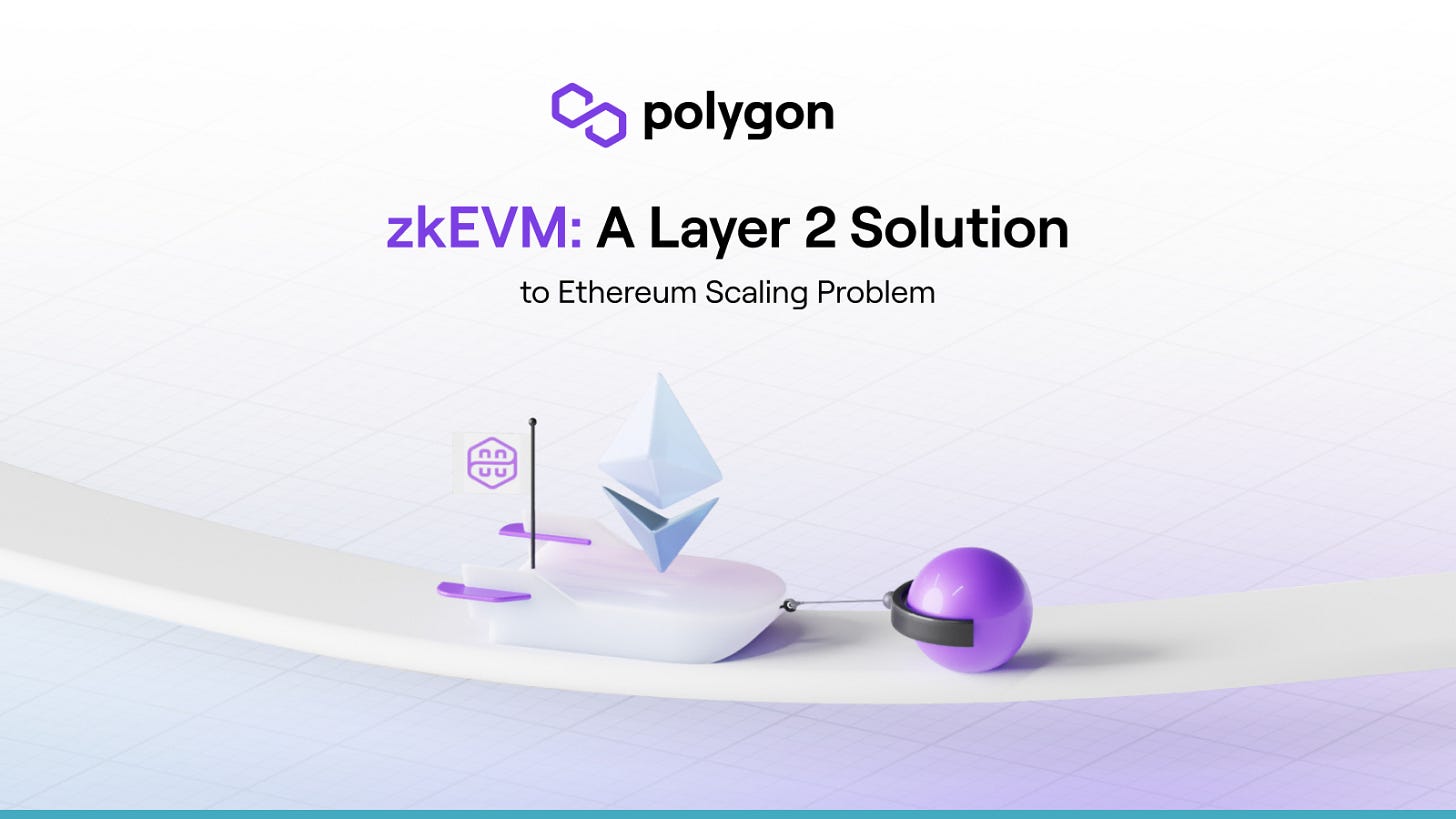Unlocking Ethereum's Future: Polygon's $1 Billion Investment in ZK EVM Technology
Scaling, Interoperability and Lightning-Fast Transactions Await with Polygon's zkEVM
Polygon has invested a substantial sum of approximately $1 billion in the development of zero-knowledge (ZK) technology to enhance its Ethereum scaling solutions on layer-2.
Sandeep Nailwal's Vision
Co-founder of Polygon, Sandeep Nailwal, is confident that this significant allocation of resources is yielding positive results for the blockchain firm, particularly in terms of scalability and interoperability within the Ethereum ecosystem.
During a keynote address at the Token2049 conference in Singapore, Nailwal shed light on the progress of "Polygon 2.0," an initiative focused on scaling, and the potential of recursive ZK-proof technology to create a seamlessly interconnected blockchain environment. He drew parallels between Web2 and Web3, highlighting their similarities in structure and function. Web2, he explained, operates as the "internet of information" with practically limitless scalability and the ability to swiftly transmit various forms of information worldwide.
On the other hand, Web3 represents the "internet of value," a realm that Nailwal believes requires two essential capabilities to achieve widespread adoption. First and foremost, it needs infinite scalability and unified liquidity for the smooth transfer of value. Nailwal emphasized the impracticality of having numerous chains with distributed value that cannot interoperate effectively.
Revolutionizing Blockchain
To harness the qualities that have propelled Web2 into its current status as the internet of information, Nailwal stressed the significance of an aggregator or interoperability layer. This layer would consolidate ZK-proofs from various chains into a common platform, enabling the transfer of liquidity across chains without the need for Ethereum as an intermediary. Recursive ZK-proof technology is poised to play a pivotal role in the development of this aggregator layer, and Nailwal expects its deployment in the near future. This technology enables different blockchains to submit ZK-proofs of their network states to the aggregator, which then compiles a collective proof for submission to the Ethereum network.
Nailwal's vision is for this proofing process to become nearly instantaneous, occurring approximately every two seconds. With this innovation, cross-chain transactions could be executed in as little as four to five seconds, significantly faster than the average Ethereum block time. This development will lead to a more seamless and efficient blockchain experience, making it feel like a single, large block space.
Nailwal also highlighted the potential advantages of having high-liquidity chains like zkEVM and proof-of-stake chains, which can facilitate the sharing of value among various applications. He noted that even larger layer-1 blockchain platforms have expressed interest in participating in this interoperable layer, creating a mutually beneficial ecosystem where liquidity is shared among participants.
Polygon's zkEVM beta made its debut on the mainnet in March 2023, offering developers the ability to deploy smart contracts and decentralized applications with improved throughput and lower costs compared to Ethereum's layer 1. Additionally, Polygon introduced its Chain Development Kit, empowering developers to construct, tailor, and deploy layer-2 chains seamlessly integrated with the broader Ethereum network.



